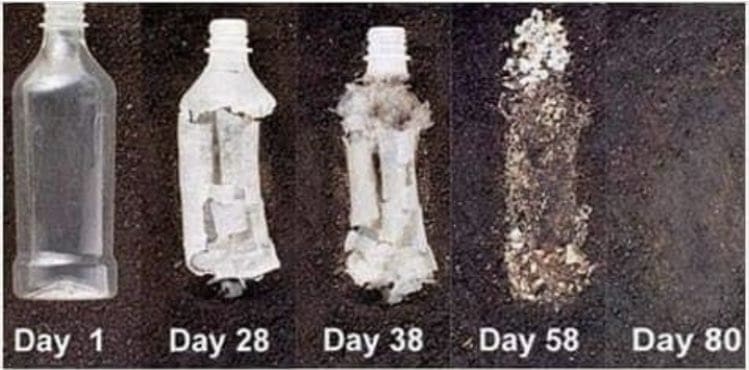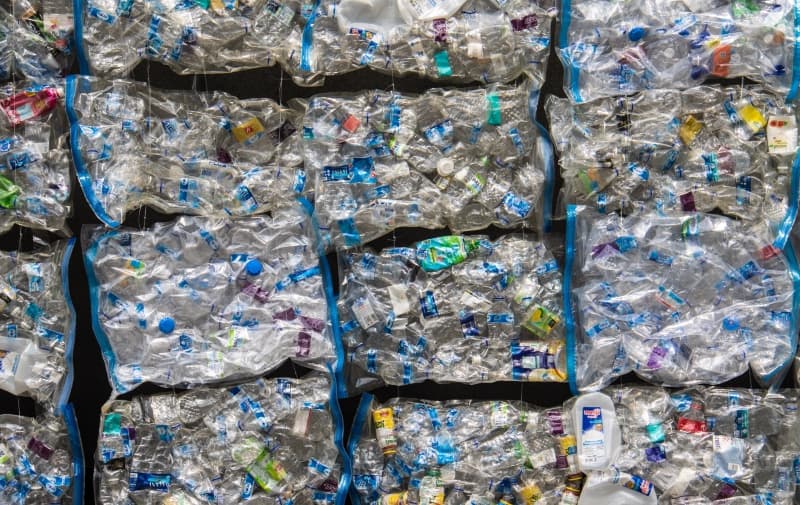Plastic packaging has long been the go-to choice for industries worldwide due to its affordability and lightweight nature. However, the detrimental impact of plastic on the environment and human health has raised concerns among environmentally responsible and socially conscious companies. In a groundbreaking development, Western chemistry professor Elizabeth Gillies and mechanical and materials engineering professor Aaron Price, along with their research teams, in collaboration with CTK Bio Canada, have unveiled a biodegradable hemp-based material. This innovative biomaterial aims to address the pressing issue of global microplastic pollution and provide a sustainable substitute for a wide variety of packaging needs.
Hemp, a resilient agricultural crop that requires minimal resources to grow, emerged as a frontrunner for this biomaterial. As a byproduct of Canada’s thriving cannabis industry, hemp offers a readily available and cost-effective resource that would otherwise go to waste. What sets hemp apart is its structural makeup, which includes exceptional strength and malleability, surpassing many other biomaterial options.

The collaborative project with CTK Bio aimed to find a viable replacement for widely used industrial plastics, such as high-density polyethylene pellets. The goal was to create a hemp-based biomaterial that seamlessly integrates into existing plastic manufacturing processes. Through the use of ground hemp stalk powder as a filler during production, the researchers achieved significant progress. While the mechanical properties of the biomaterial may not precisely match those of traditional packaging plastics, it exhibits commendable strength, malleability, and, most importantly, degradability.
Currently, biomaterial production is more expensive compared to plastic alternatives. However, industry efforts are focused on optimizing production techniques and reducing costs, making these sustainable solutions more economically viable. With ongoing advancements in technology, it is anticipated that prices will decrease in the near future, encouraging wider adoption of hemp-based biomaterials.
The promising results of the study not only validate the potential of the new hemp-based biomaterial as a viable alternative to plastic but also open doors for future collaborations and partnerships within the industry. The research findings have been detailed in a recently published study in the Journal of Polymer Science, garnering attention and fostering excitement about the possibilities offered by hemp-based biomaterials.

The development of a hemp-based biomaterial signifies a significant stride towards combatting the global microplastic pollution crisis. With its eco-friendly attributes and versatile nature, hemp has the potential to revolutionize the packaging industry. As companies continue to invest in optimizing production processes and reducing costs, the widespread adoption of this innovative biomaterial holds the promise of a greener and more responsible future. By choosing hemp-based alternatives, we can mitigate the harmful effects of plastic, making a positive impact on the environment and moving closer to a sustainable and plastic-free world.